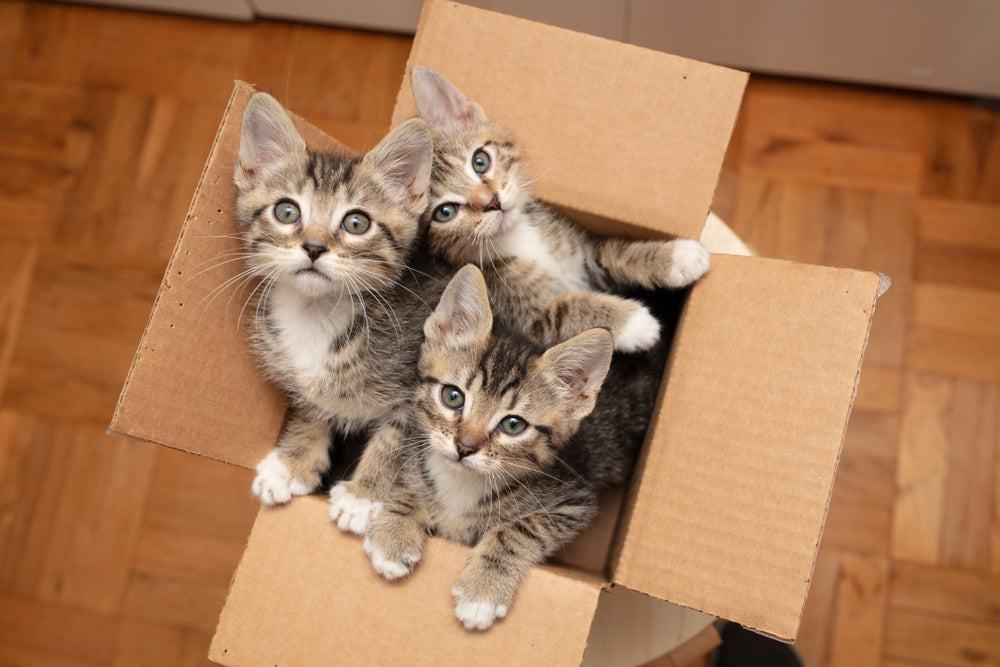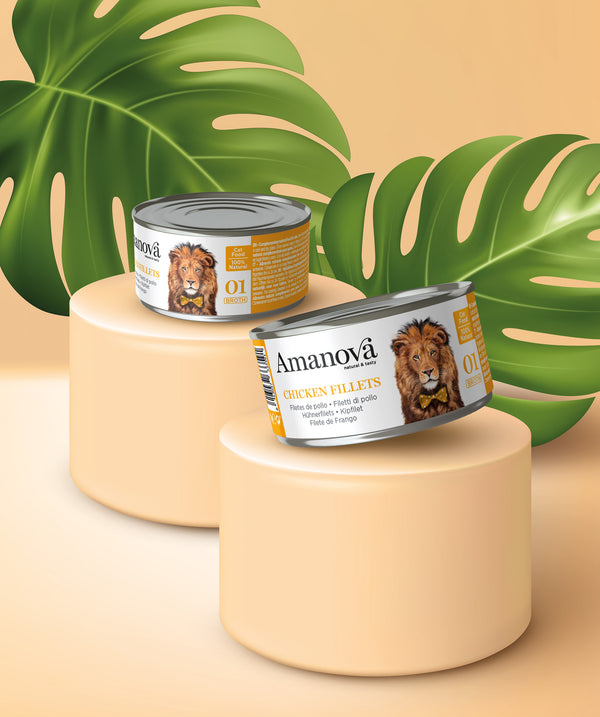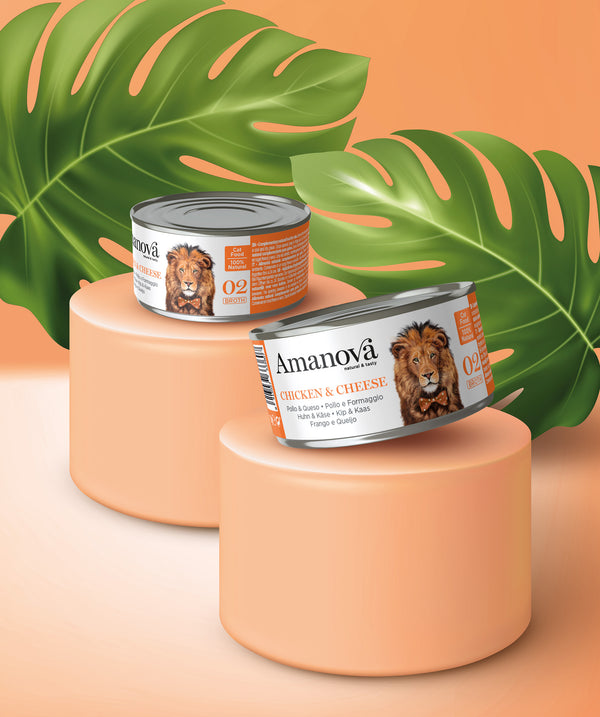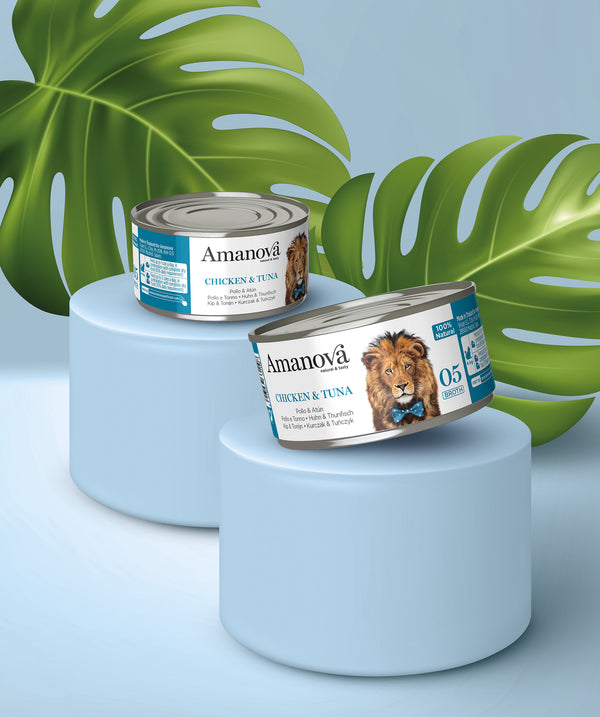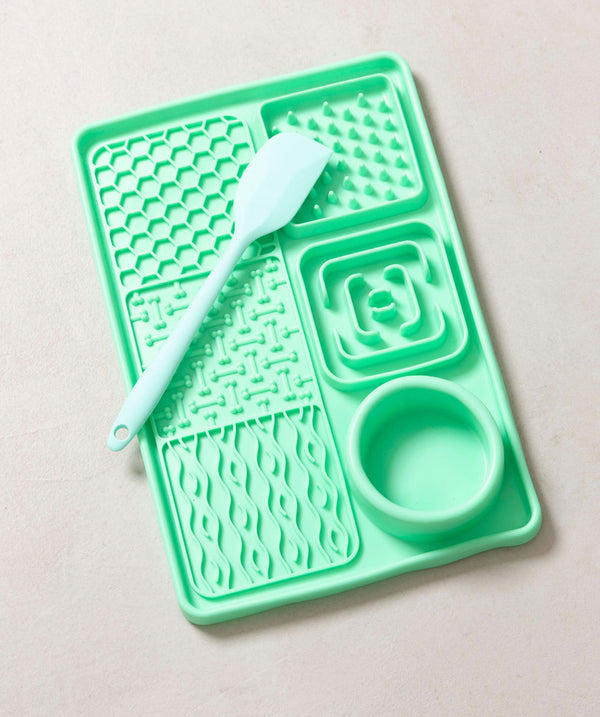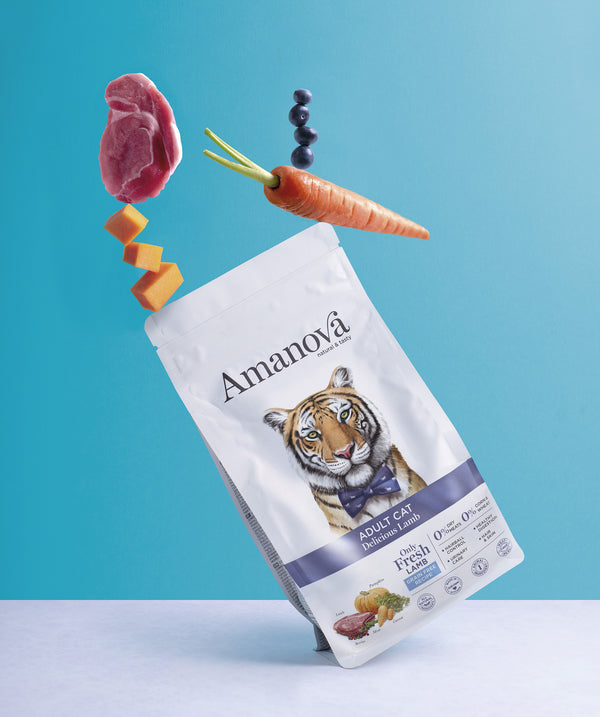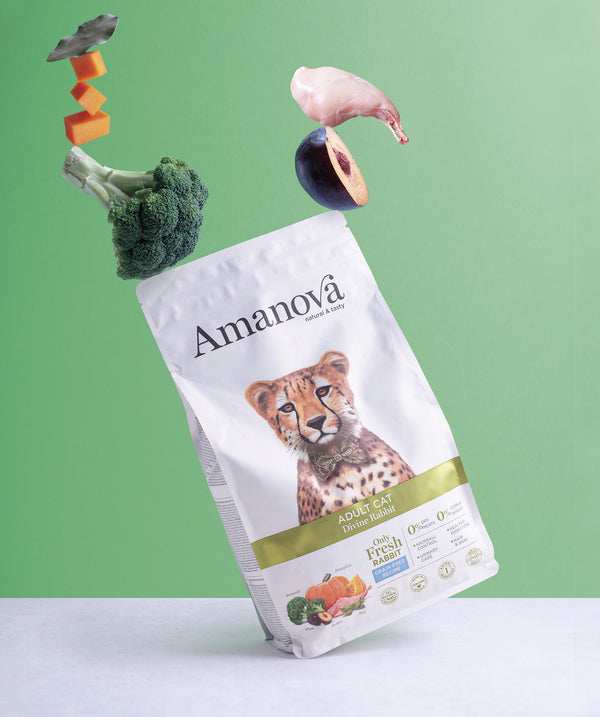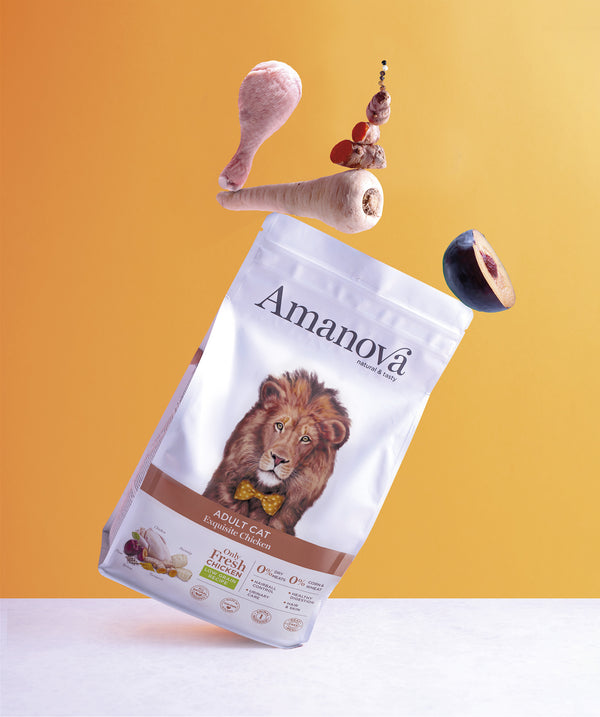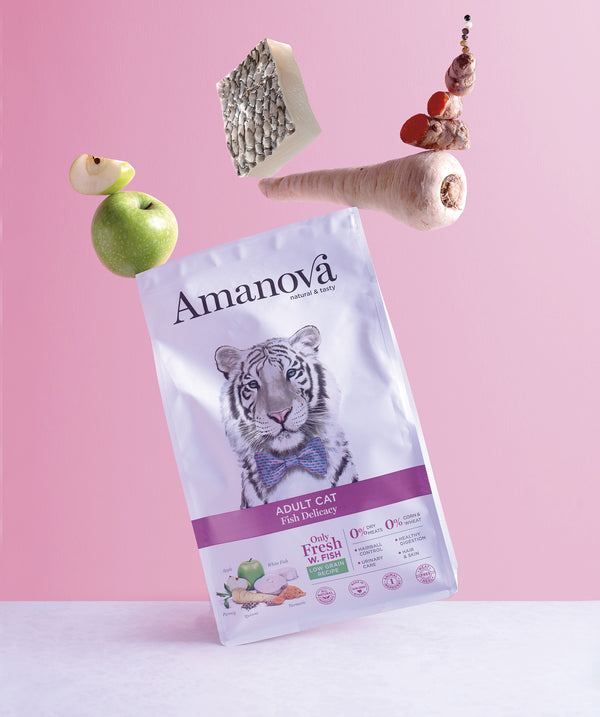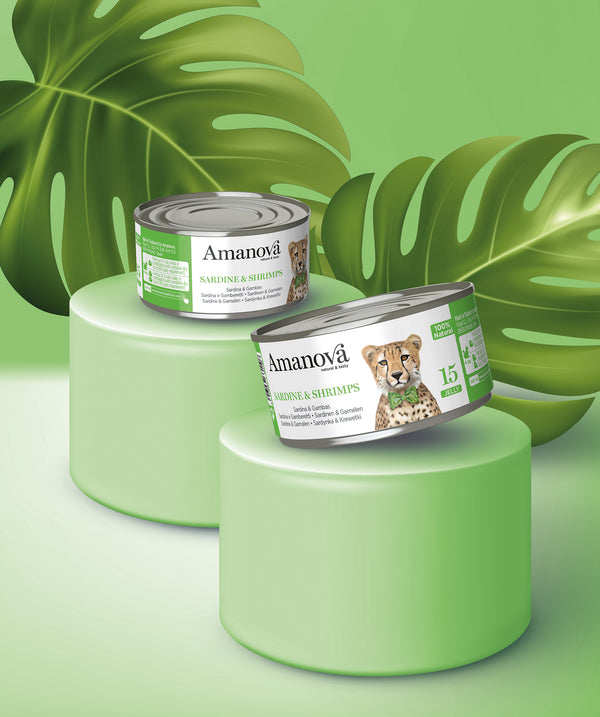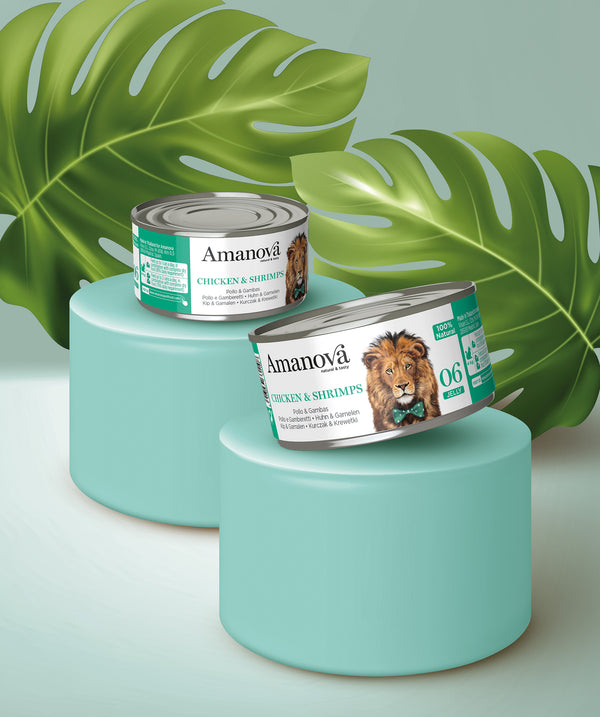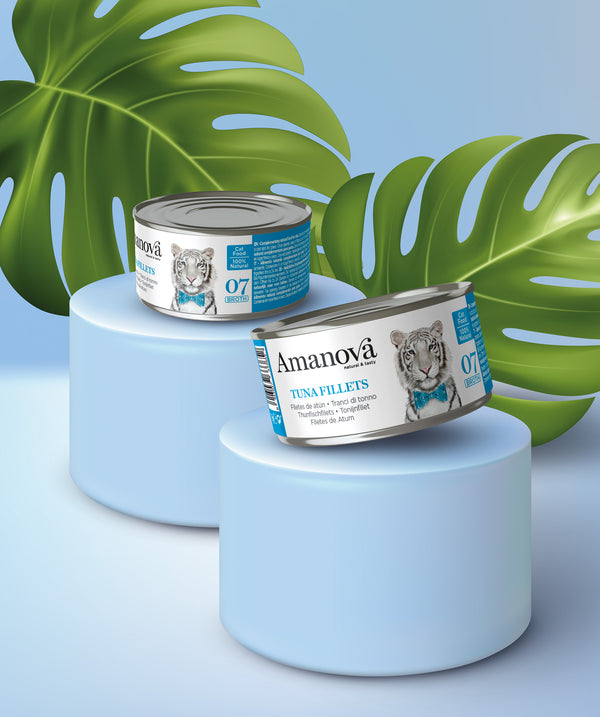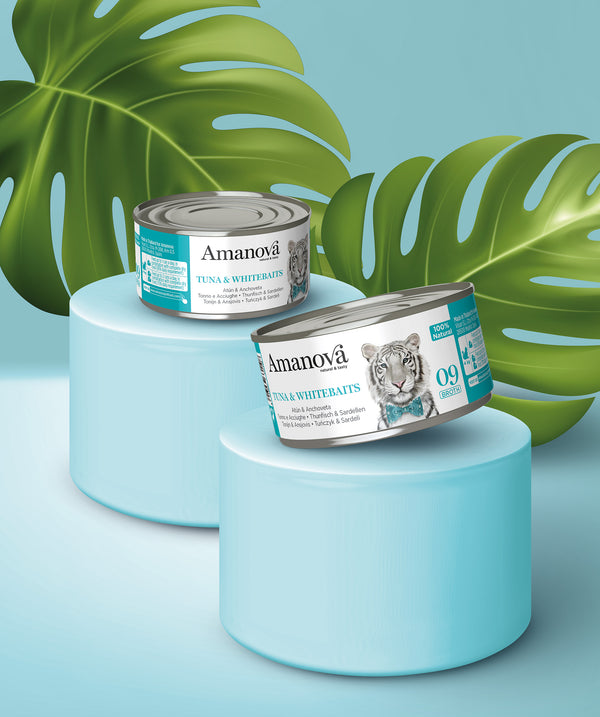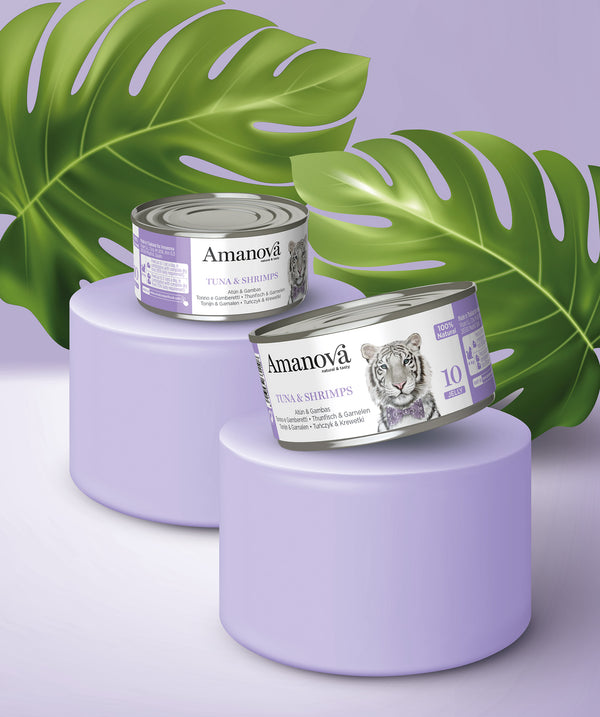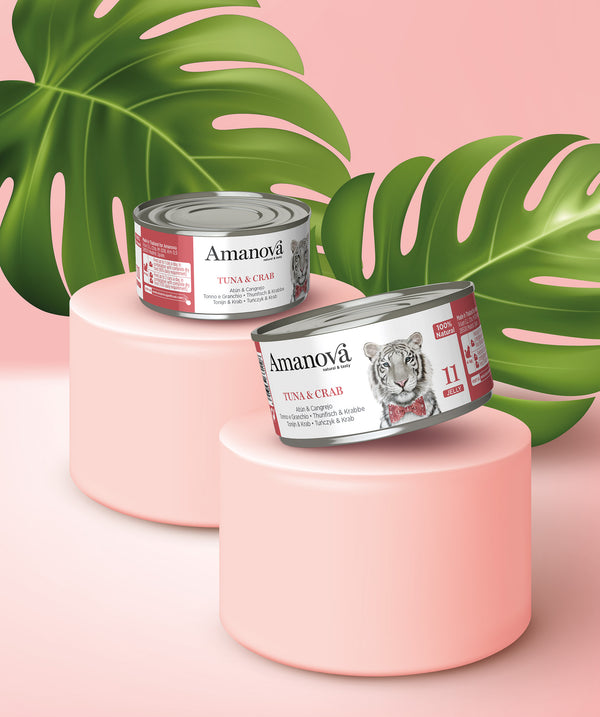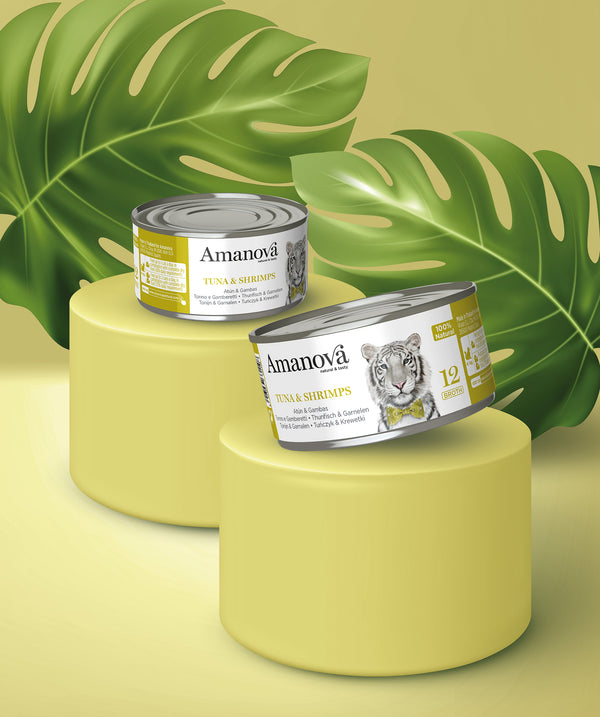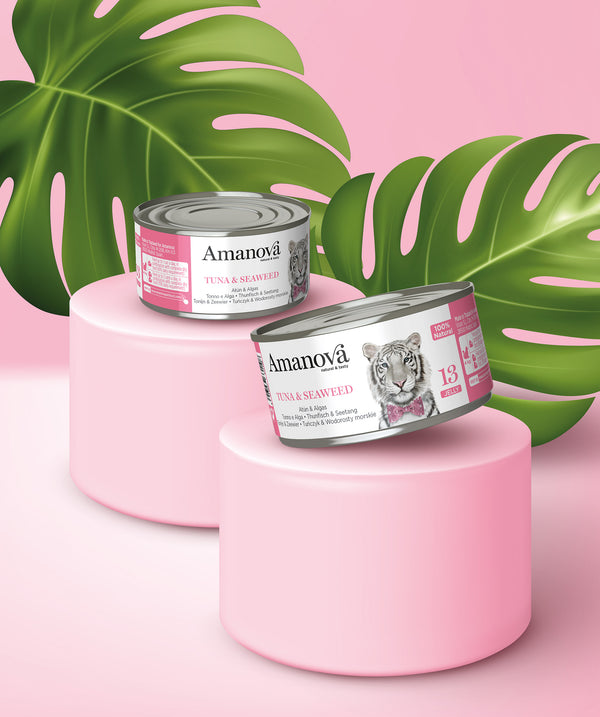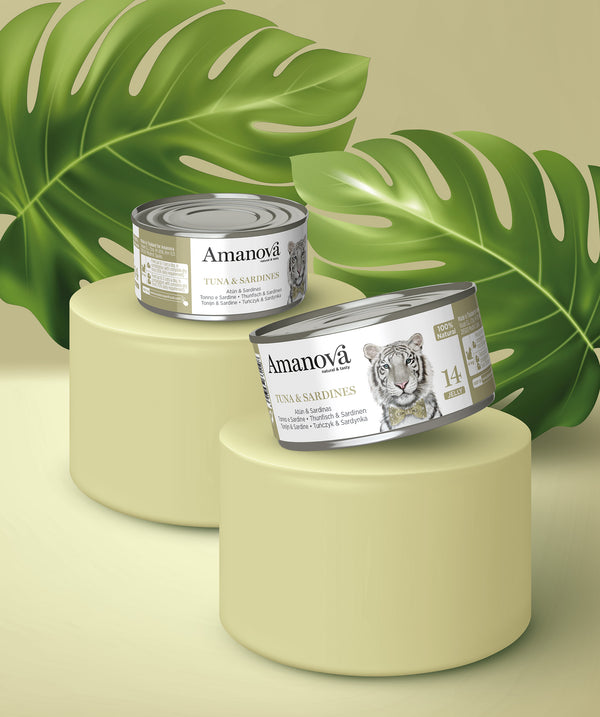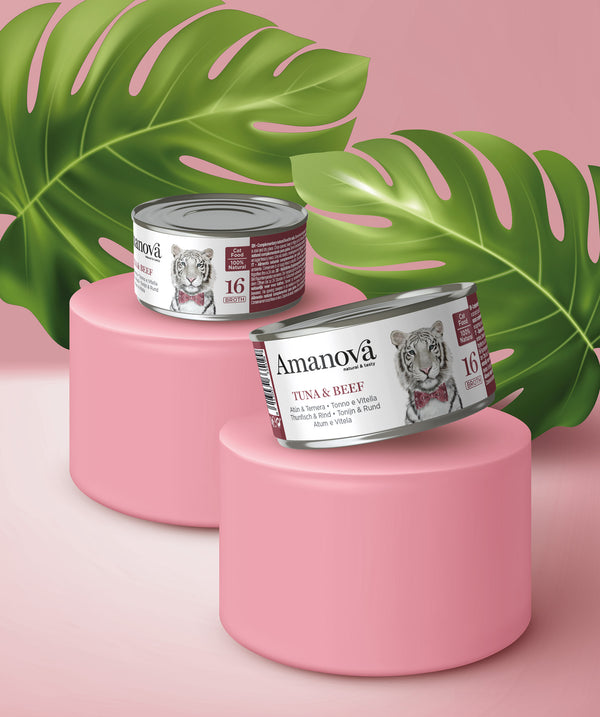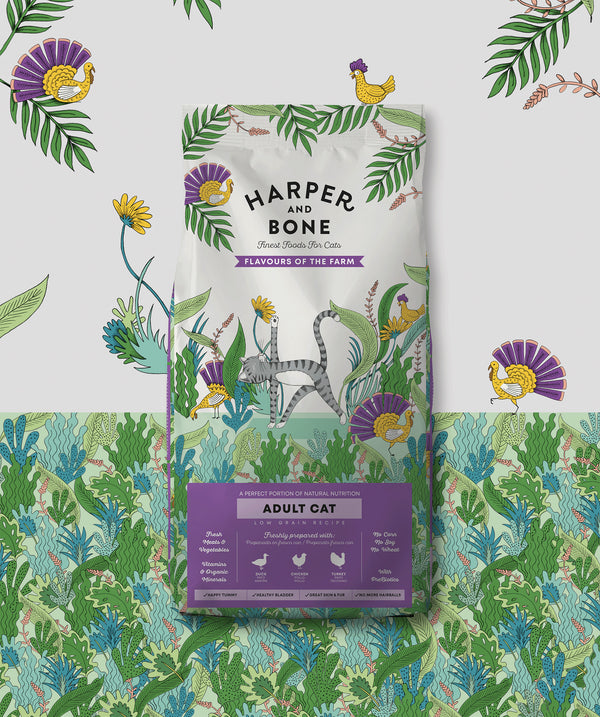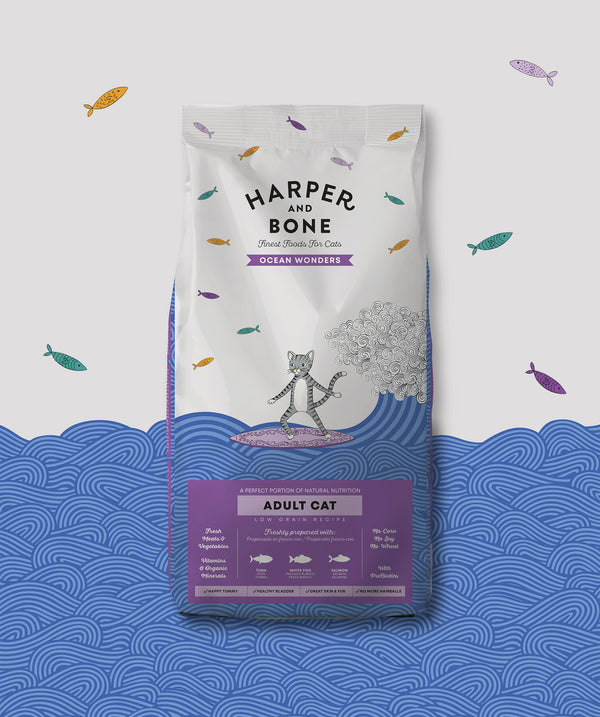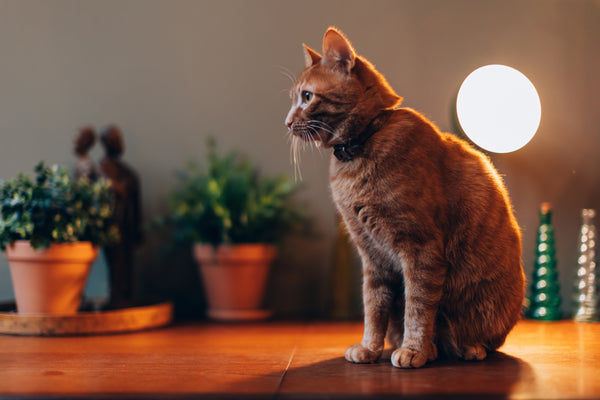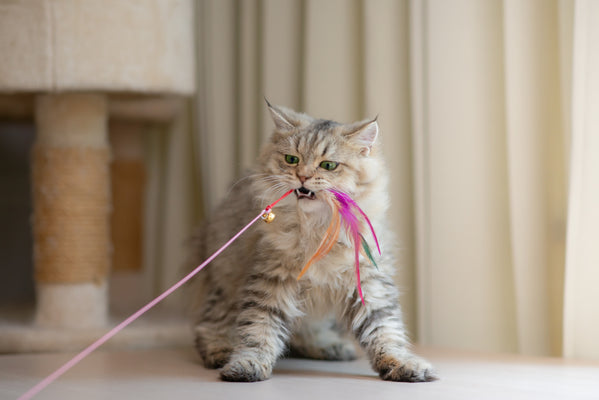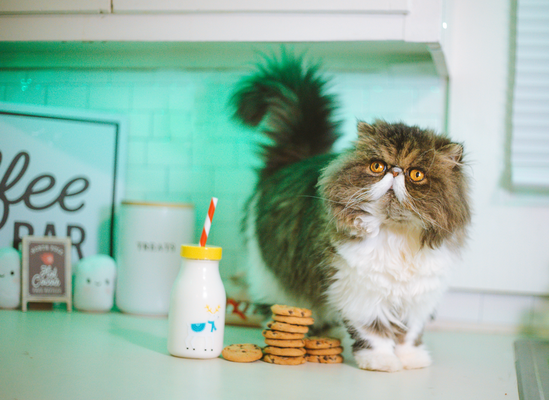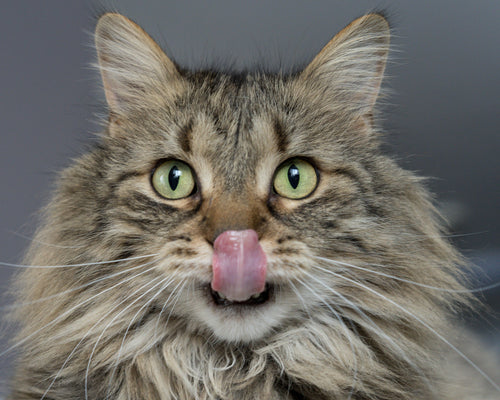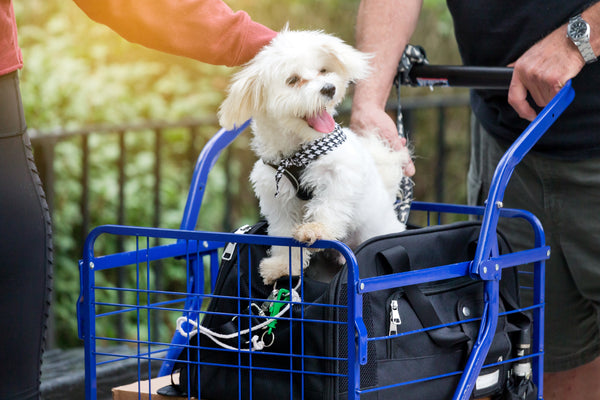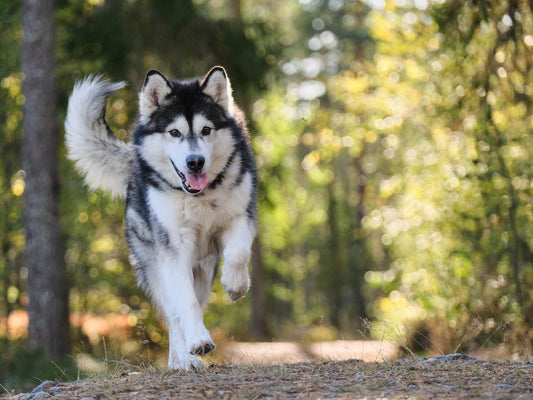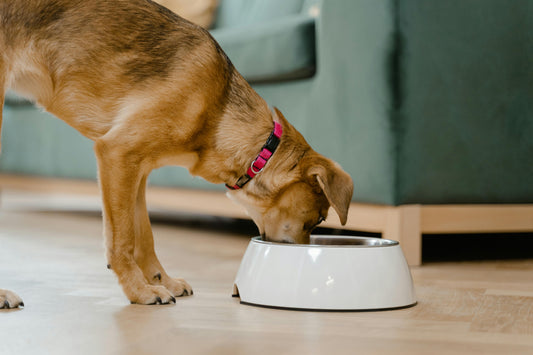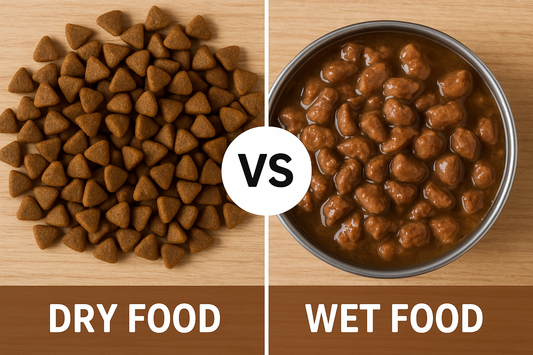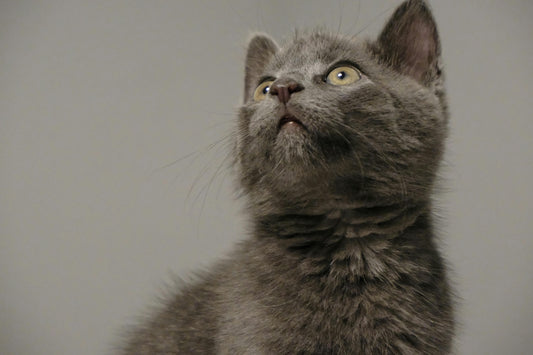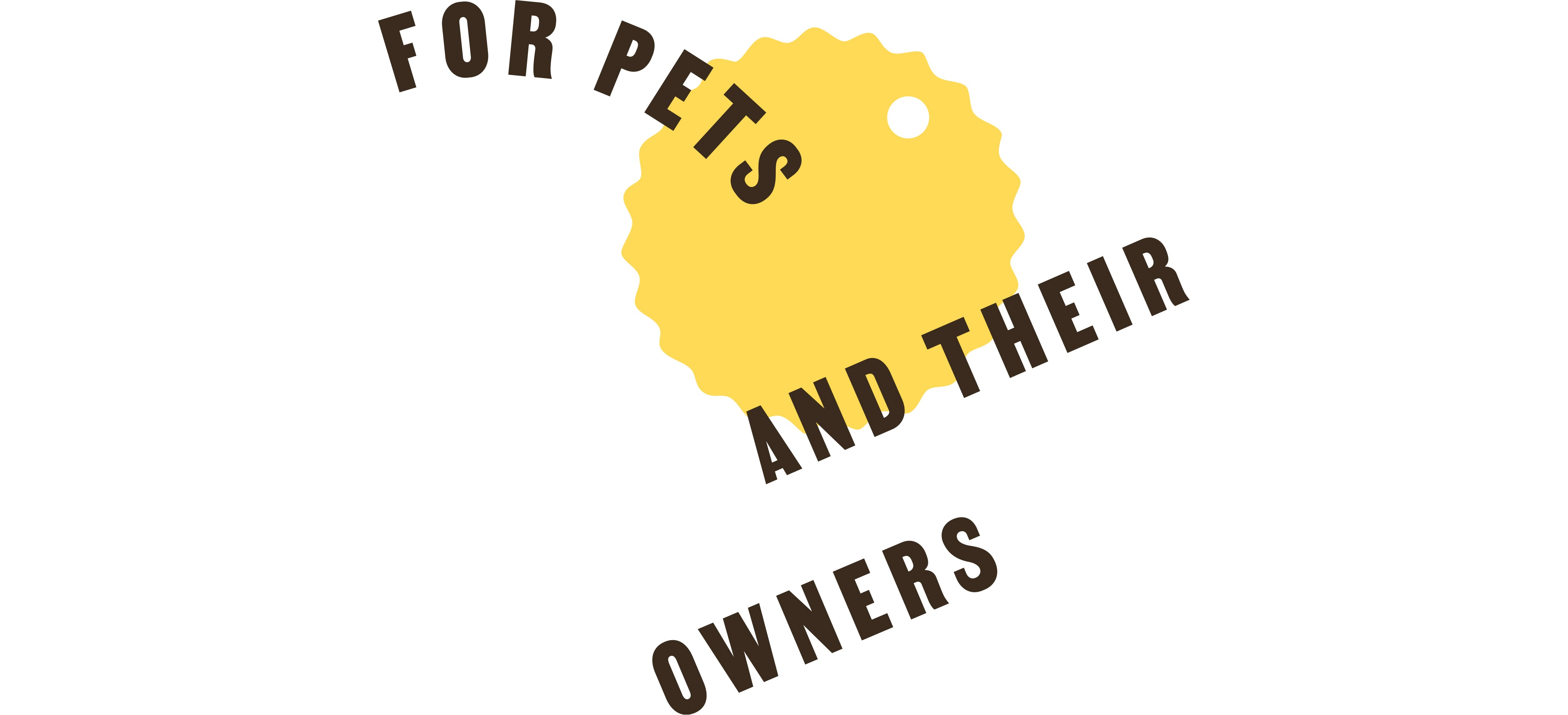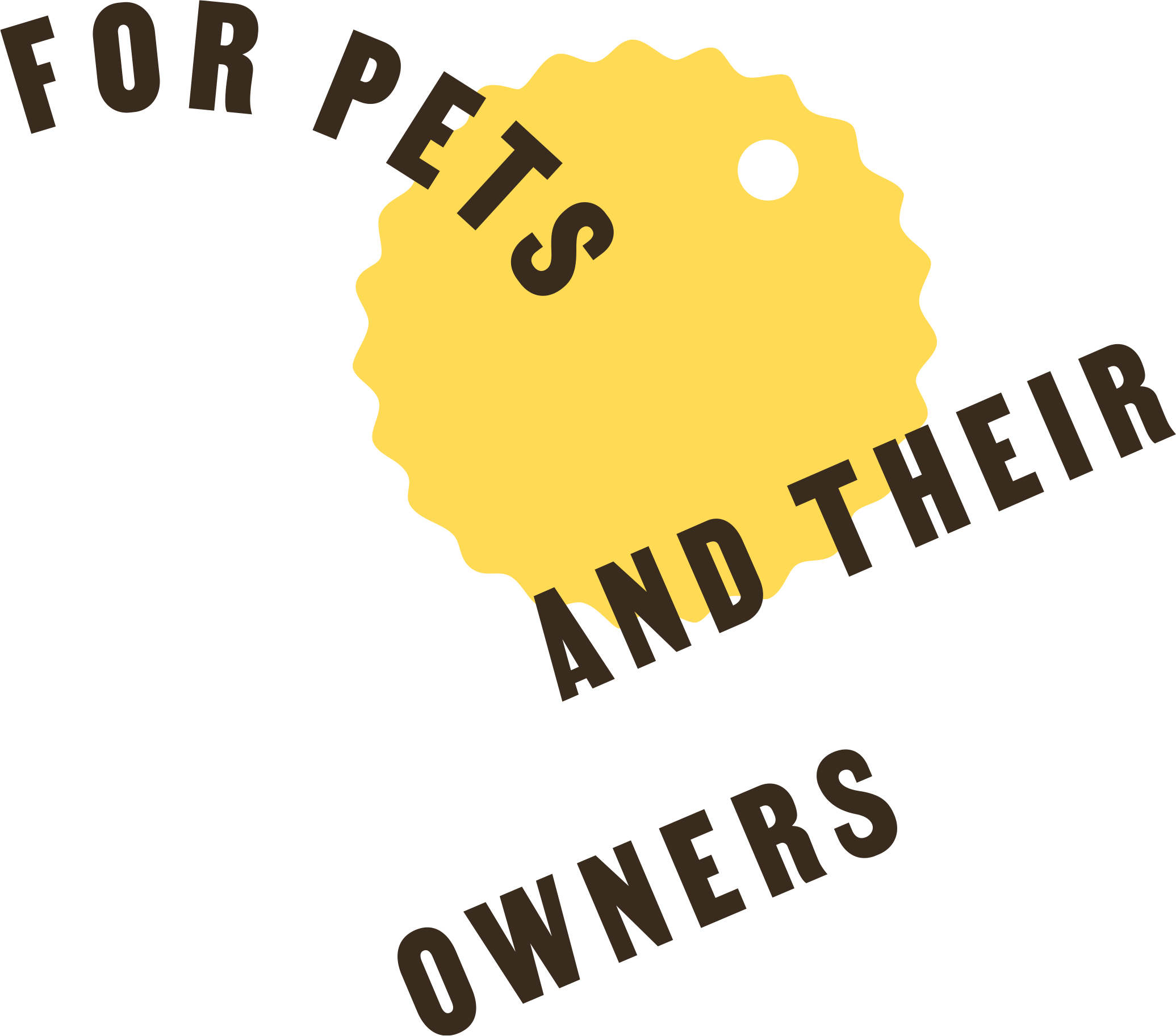Feeding a 3-month-old cat: everything you need to know
Your pet’s diet is an essential factor to ensure optimal growth and development. Have you just adopted a little feline and don’t know how to feed it after weaning? In today’s article we explain everything you need to know about feeding a 3-month-old cat.
What should a 3-month-old cat’s diet be like?
When a kitten reaches 3 months, although it has already completed weaning, it is still in a full growth phase. At this age, veterinarians recommend a mixed diet that alternates dry food with wet food. Of course, it is essential to always choose natural, hypoallergenic foods specially formulated for baby kittens.
The diet of a 3-month-old cat should provide a complete and balanced intake of calories and nutrients so that it grows strong and healthy:
- Quality animal proteins. They should be the basis of a good food for baby kittens, as they are essential for the development of their organs, muscles, and tissues.
- Essential fatty acids. Omega-3, EPA, and DHA strengthen the immune system and promote the development of cognitive skills. In addition, they help maintain healthy skin and a strong coat.
- Calcium and phosphorus. These minerals are essential for the proper formation of the bone structure of young felines.
- Taurine and lutein. Taurine supports kittens’ heart health, and both taurine and lutein help maintain healthy vision.
- Natural ingredients. To support kidney health and nutrient absorption, your kitten’s diet should be based on fresh, top-quality ingredients.
In addition to its nutritional composition, we must keep in mind that a 3-month-old cat still does not have fully developed teeth. Therefore, baby kitten food should have a texture appropriate for young teeth.
In this regard, we recommend the baby and junior kitten food from Only Fresh. A complete and natural food, ideal for the growth of felines from 2 months of age. Most recipes are hypoallergenic and made with tender meats that promote the development and maintenance of muscle mass thanks to their high levels of animal protein.

How much should a 3-month-old cat eat?
Now that you know what a young feline’s diet should be like, you may be wondering how much a 3-month-old cat should eat. Although the amount of food will depend on the specific characteristics of each kitten, here are a couple of tips to help you calculate the portions your pet needs:
Amount of food
If your 3-month-old kitten has already been weaned and can eat solid foods, it should consume approximately 250 calories a day. However, calorie and nutrient needs may vary depending on the breed, size, and lifestyle of each kitten. In addition, keep in mind that the same portion of two different kibbles will not always provide the same calories and nutrients. That’s why, to calculate how much food your kitten needs, it is important to check the nutritional information on the package and follow your veterinarian’s advice.
Feeding frequency
At 3 months of age, cats still have a small stomach and a big appetite, so you should offer them small amounts of food several times a day. After weaning, the ideal feeding frequency is four or five meals a day, spread throughout the day. From 4 months onwards, you can reduce feedings to three times a day, and when they reach 6 months, two daily meals will be enough.
How to feed a 3-month-old cat?
Cats are creatures of habit, so it is important to establish a daily feeding routine as soon as possible. Feed your kitten in the same place and at the same time every day, in a quiet and silent area where it can relax. Choose a place that can be easily cleaned and always use a clean bowl, as cats are very particular animals. Lastly, if you have more than one kitten, try to place their feeders at a considerable distance to avoid any confrontation.
And remember, if you have any doubts about feeding your 3-month-old cat, the best thing you can do is seek professional help. Your trusted veterinarian will help you adapt your pet’s diet to each stage of its life to ensure its health and well-being.
